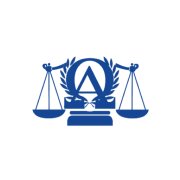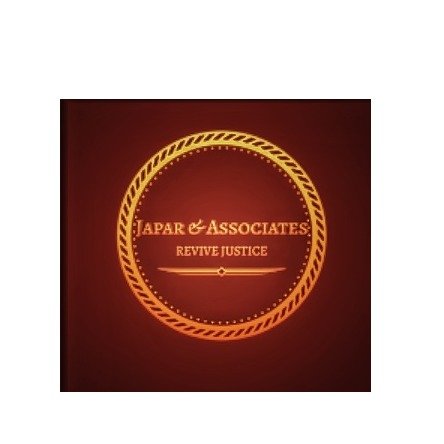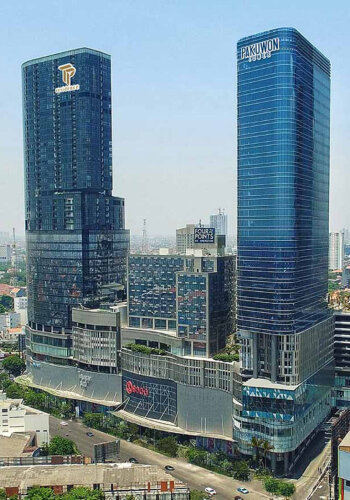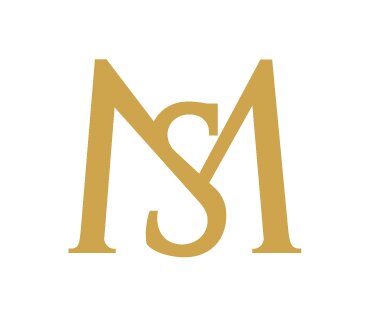Best Sanctions & Export Controls Lawyers in Surabaya
Share your needs with us, get contacted by law firms.
Free. Takes 2 min.
List of the best lawyers in Surabaya, Indonesia

Jiwangga Law Office | Lawyer Surabaya | Advokat Surabaya | Pengacara Surabaya
30 minutes Free ConsultationAbout Sanctions & Export Controls Law in Surabaya, Indonesia
Sanctions and export controls are important legal mechanisms that regulate the movement of goods, services, technology, and funds across international borders. In Surabaya, Indonesia’s second-largest city and a significant commercial hub, adherence to these laws is crucial for businesses, individuals, and institutions engaged in international trade. Indonesian sanctions and export controls are influenced by both domestic regulations and international agreements, working to support national security, foreign policy, and economic interests. These laws play a vital role in preventing illegal trade, supporting global peace initiatives, and maintaining Indonesia’s commitments to international bodies such as the United Nations.
Why You May Need a Lawyer
Legal guidance is often essential when dealing with sanctions and export control issues in Surabaya. Common situations that require professional assistance include:
- Exporting goods that may be subject to government restrictions or international embargoes - Importing products from countries or entities that face Indonesian or international sanctions - Transferring technology or sensitive information overseas - Ensuring business compliance with changing national and international export laws - Navigating penalties, investigations, or enforcement actions by local authorities - Reviewing contracts or supply chains for compliance risks - Seeking licenses or permits for restricted transactions - Responding to changes in international relations that may affect trade permissions - Conducting mergers, acquisitions, or investments that involve foreign entities - Rectifying accidental or historical violations of export control rules
In all these cases, a local lawyer familiar with sanctions and export controls can help interpret complex regulations, prepare necessary documentation, and represent your interests before relevant authorities.
Local Laws Overview
Sanctions and export controls in Surabaya are primarily governed by national Indonesian law, but local regulations and enforcement practices can also impact legal compliance. Key legal frameworks include:
- Law No 7 Year 2014 on Trade, which regulates exports and imports - Law No 15 Year 2003 concerning the Eradication of Terrorism, relevant to sanctions and restrictions involving designated individuals or groups - Relevant Presidential Decrees, including those related to United Nations Security Council resolutions - Ministry of Trade and Ministry of Finance regulations on controlled goods, technology, and customs procedures - Bank Indonesia and Financial Services Authority (OJK) guidance on financial sanctions
Authorities in Surabaya frequently monitor industries such as electronics, chemicals, defense, telecommunications, and banking for compliance. Exporters and importers must also be aware of reporting requirements, licensing procedures, and the risks of unintentionally engaging with sanctioned parties.
Frequently Asked Questions
What are economic sanctions and who imposes them in Indonesia?
Economic sanctions are official restrictions placed on trade, finance, or specific transactions, usually in response to security or foreign policy issues. In Indonesia, sanctions can be imposed by the government, often in line with international obligations such as United Nations resolutions.
Which agencies oversee export controls in Surabaya?
Export controls are primarily overseen by the Ministry of Trade, Customs and Excise Department, and sector-specific agencies. Bank Indonesia and the OJK may supervise financial sanctions and related activities.
What types of goods are commonly subject to export control restrictions?
Items such as arms, dual-use technology, chemicals, advanced electronics, and telecommunications equipment often require special permits for export from Indonesia. Some agricultural and natural resources may also be restricted.
Do sanctions laws apply to individuals as well as businesses?
Yes, both individuals and companies are subject to sanctions and export controls. Violations by individuals can face similar penalties as corporate infractions.
What are the risks of non-compliance with these laws?
Penalties for violating sanctions or export controls in Surabaya can include fines, forfeiture of goods, loss of licenses, criminal liability, and reputational damage.
Can I apply for a license to export restricted items?
Yes, you can apply for special export licenses from relevant government agencies if you wish to export restricted goods or technology. Approval depends on the nature of the items and the destination country.
How do I find out if a country or entity is under sanctions?
You should check the latest lists issued by the Indonesian government, United Nations, and other international bodies. Consultation with a lawyer helps ensure you do not inadvertently transact with sanctioned parties.
Are there local Surabaya regulations that differ from national law?
While most core regulations are national, local authorities may have additional enforcement practices or requirements, particularly around ports and free trade zones in Surabaya.
What should I do if my goods are detained by customs over suspected violations?
Contact a legal professional immediately to review the reasons for detention, assist in communicating with authorities, and help resolve any compliance issues.
Where can I get legal help with sanctions and export controls in Surabaya?
You can seek assistance from law firms specializing in trade law, accredited notaries, or business advisors experienced with export regulations in Surabaya and Indonesia.
Additional Resources
- Ministry of Trade of the Republic of Indonesia (Kementerian Perdagangan) - Directorate General of Customs and Excise (Bea Cukai) - Ministry of Finance of the Republic of Indonesia - Bank Indonesia (for financial sanctions and banking compliance) - Indonesian Investment Coordinating Board (BKPM) - Local Surabaya Chamber of Commerce - United Nations Security Council Sanctions Committees (for international context) - Law faculties at local universities (for research and education)
Next Steps
If you believe you may need legal assistance regarding sanctions or export controls in Surabaya, start by identifying the specific issue or transaction in question. Gather all relevant documents, such as contracts, shipping records, and government correspondence. Contact a qualified local lawyer specializing in international trade or sanctions law. Many firms offer initial consultations to help assess your risks and compliance needs.
Look for legal professionals with practical experience in handling customs, export approvals, and international transactions. Be prepared to explain your business processes, supply chains, and any prior compliance measures. Timely legal advice can prevent costly penalties, streamline business operations, and ensure you stay on the right side of Indonesian and international law.
Lawzana helps you find the best lawyers and law firms in Surabaya through a curated and pre-screened list of qualified legal professionals. Our platform offers rankings and detailed profiles of attorneys and law firms, allowing you to compare based on practice areas, including Sanctions & Export Controls, experience, and client feedback.
Each profile includes a description of the firm's areas of practice, client reviews, team members and partners, year of establishment, spoken languages, office locations, contact information, social media presence, and any published articles or resources. Most firms on our platform speak English and are experienced in both local and international legal matters.
Get a quote from top-rated law firms in Surabaya, Indonesia — quickly, securely, and without unnecessary hassle.
Disclaimer:
The information provided on this page is for general informational purposes only and does not constitute legal advice. While we strive to ensure the accuracy and relevance of the content, legal information may change over time, and interpretations of the law can vary. You should always consult with a qualified legal professional for advice specific to your situation.
We disclaim all liability for actions taken or not taken based on the content of this page. If you believe any information is incorrect or outdated, please contact us, and we will review and update it where appropriate.
















